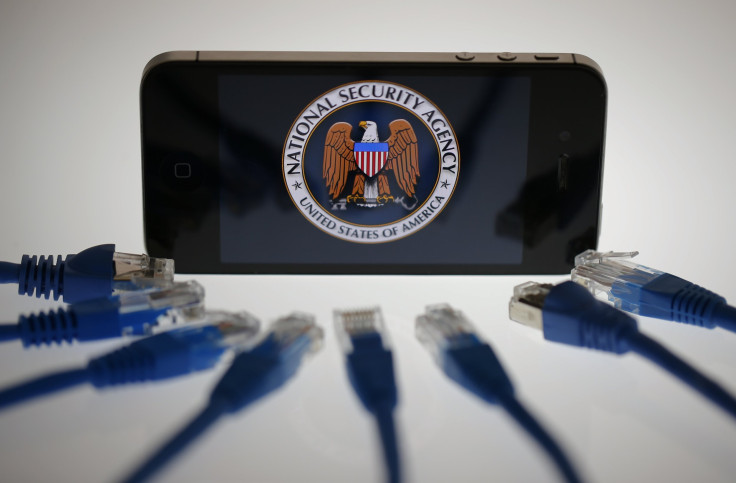NSA FISA Metadata Program: New Momentum For NSA Reform After Amash Amendment, Senators Say

Even though House members voted down a measure to halt the government’s phone data program last week, the closeness of the vote has breathed new life into legislative efforts to scale back the surveillance dragnet.
When Edward Snowden revealed the National Security Agency’s bulk metadata collection, there seemed to be little momentum behind reforming the program. But lawmakers say the winds have changed. When Congress returns from its five-week recess in September, lawmakers in both chambers say they will be pushing legislation to limit the NSA’s phone surveillance operation.
There will be “a very strong and bipartisan effort in the Senate to pick up on the work of the House,” said Sen. Ron Wyden, D-Ore., during an interview on C-SPAN's "Newsmakers" program that aired Sunday.
Last Wednesday, representatives in the House narrowly defeated an amendment by Reps. Justin Amash, R-Mich., and John Conyers, D-Mich., to the defense appropriations bill that would have halted the metadata program currently authorized under Section 215 of the USA Patriot Act. The vote, 217-205, was closer than many expected and garnered strong bipartisan support, with 111 Democrats and 94 Republicans supporting the measure. Now, lawmakers who want to rein in the NSA are pointing to the Amash-Conyers amendment as evidence that their proposals will be taken seriously.
Talks among senators on overhauling the NSA program “certainly have accelerated since that extraordinary House vote,” said Wyden, who has been critical of the metadata program for years but was unable to discuss it until it was revealed by Snowden. Wyden, who has put forward a bill to end the data sweep with Sen. Mark Udall, D-Colo., also longtime critic of the metadata collection, said he is working with fellow senators on both sides of the aisle to “overhaul this program dramatically.”
It is not yet clear how the Senate would take up a measure to halt the program, though an amendment to the annual intelligence authorization bill, which will be taken up shortly in both chambers, is one option. In the House, Intelligence Committee Chairman Rep. Mike Rogers, R-Mich., has already indicated that he will be adding additional privacy protections to a forthcoming version of the bill.
Since the Amash amendment vote, Sen. Dick Durbin, D-Ill., the No. 2 Democrat in the Senate, has become much more optimistic about the prospect of reforming the dragnet program. “This was an amazing vote,” Durbin said on ABC’s “This Week” Sunday. “It's clear that the sentiment is growing for oversight. And I think that the efforts by Senators Wyden and Mark Udall as well as Jeff Merkley is going to increase that effort for oversight.”
That’s a far cry from Durbin’s tone last month, when he called his colleagues’ proposals for increased transparency into the Foreign Intelligence Surveillance Court “ill-fated” because neither Congress nor the White House would get behind them. Though the jury is still out on how much momentum these proposals will gain, even supporters of the program in Congress admit that there is a push behind at least some reforms.
“I do think that we're going to have to make some changes to make things more transparent,” said Sen. Saxby Chambliss, R-Ga., the top Republican on the Senate Intelligence Committee, appearing alongside Durbin on ABC’s Sunday talk show.
Efforts will continue in the House as well, with bipartisan legislation expected from Reps. James Sensenbrenner, R-Wis., and Zoe Lofgren, D-Calif., after the August recess. Both are senior members of the House Judiciary Committee. Their bill is expected to restrict the NSA to only collecting data on named targets in a terrorist investigation, overhaul the secret FISA court that authorizes the data collection, and give tech companies permission to disclose their dealings with the court, according to a New York Times report.
We are going to stay at it “until this is fixed,” Wyden said Friday. “The status quo is unacceptable.”
© Copyright IBTimes 2025. All rights reserved.






















